June is prime time for lush, green lawns across Wisconsin. The combination of warm days, cooler nights, and occasional rain makes this one of the most active growing periods for cool-season grasses like Kentucky bluegrass, ryegrass, and fescue—all common in Madison-area lawns.
While that surge of green is a welcome sight, it also means your lawn needs more attention than it did in early spring. Mowing becomes a key part of keeping your lawn healthy, neat, and strong. But how often should you mow in June? And are there risks to mowing too much—or too little?
Let’s break it down.
The Ideal Mowing Frequency in June
During June, most Wisconsin lawns will need to be mowed about once a week, sometimes more depending on rainfall and grass type.
Cool-season grasses thrive in temps between 60–75°F, and with consistent moisture, they grow quickly. If we’re getting steady rain or you’ve been watering regularly, your lawn might grow fast enough to need mowing every 4–6 days.
If it’s been a dry stretch, growth may slow down, meaning once every 7–10 days could be enough. The key is consistency—skipping weeks and then cutting it all at once can shock your grass and leave it vulnerable to stress, weeds, and disease.
Don’t Cut More Than One-Third
A good rule of thumb: Never remove more than one-third of the grass blade at a time.
Why? Cutting too much at once can stress the plant, weaken the root system, and expose the soil to sunlight—leading to more weeds and less moisture retention.
Let’s say your lawn is 4.5 inches tall. You should only cut it down to 3 inches, not lower.
If your grass gets too long between mows, raise the mower deck, cut a little, and return a few days later to bring it down gradually.
Best Mowing Height for Wisconsin Lawns
For most Madison-area lawns, the ideal mowing height is between 2.5 and 3.5 inches, depending on the grass type and time of year.
In June, it’s smart to stay on the higher end of that range—closer to 3.5 inches—especially as we get into late June and the weather starts to heat up. Taller grass shades the soil, helps retain moisture, and encourages deeper root growth, which makes your lawn more drought-tolerant going into July.
Adjusting for Weather and Lawn Conditions
Here are a few quick tips for mowing through June weather shifts:
-
After heavy rain: Let your lawn dry before mowing to avoid clumping and ruts.
-
During dry spells: Mow less frequently and never when the grass is brittle or stressed.
-
Before fertilizing or treating: Mow 1–2 days beforehand for better product absorption.
And don’t forget—keep your mower blades sharp! Dull blades tear the grass, causing brown tips and making your lawn more susceptible to disease.
Mowing your lawn consistently and correctly in June sets the tone for the rest of the summer. By sticking to the one-third rule, maintaining the right height, and adjusting based on rainfall, you can enjoy a thick, green lawn that stays healthy all season long.
Need help keeping up with your yard this summer? Friske Lawn Care offers reliable, professional mowing services across the Madison area. Let us handle the work—so you can sit back, relax, and enjoy the view.
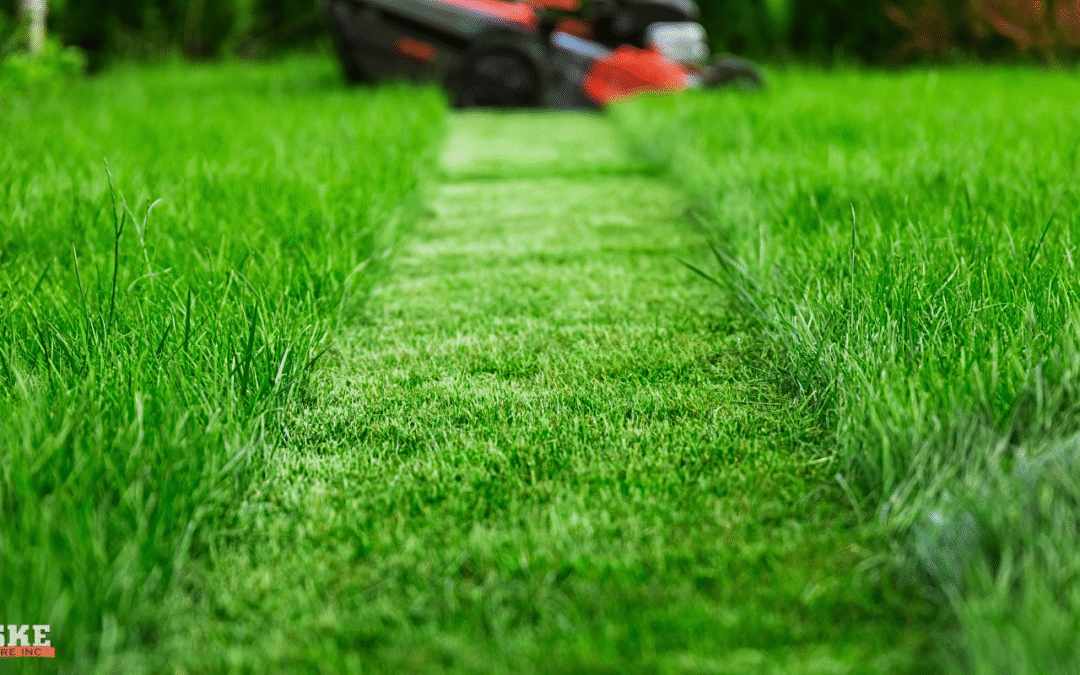

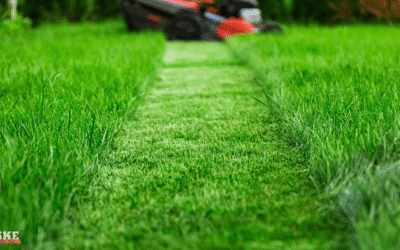
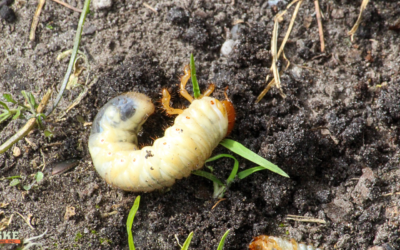
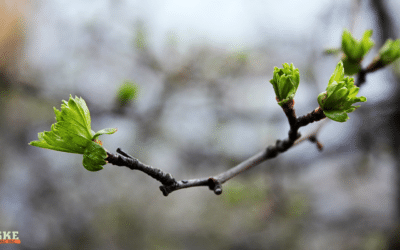
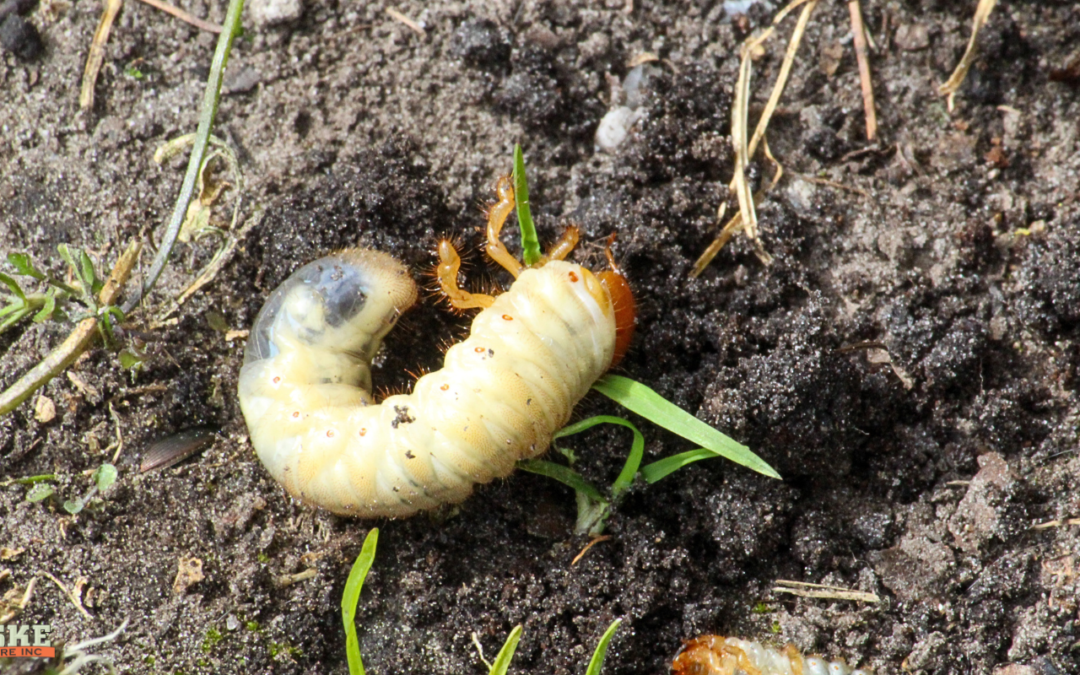
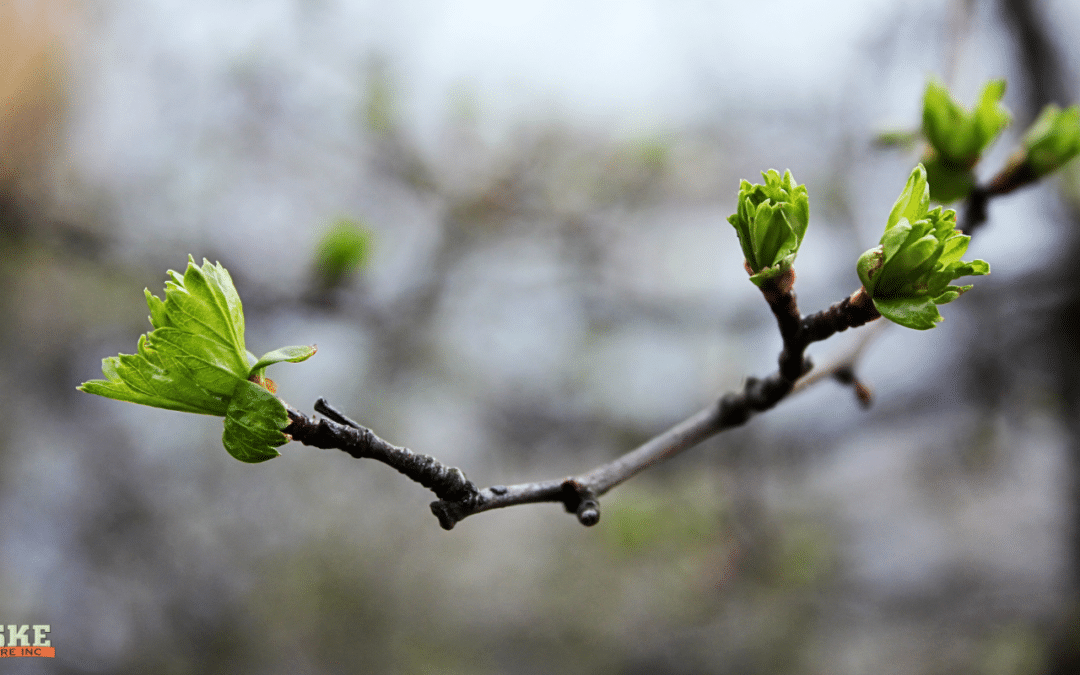
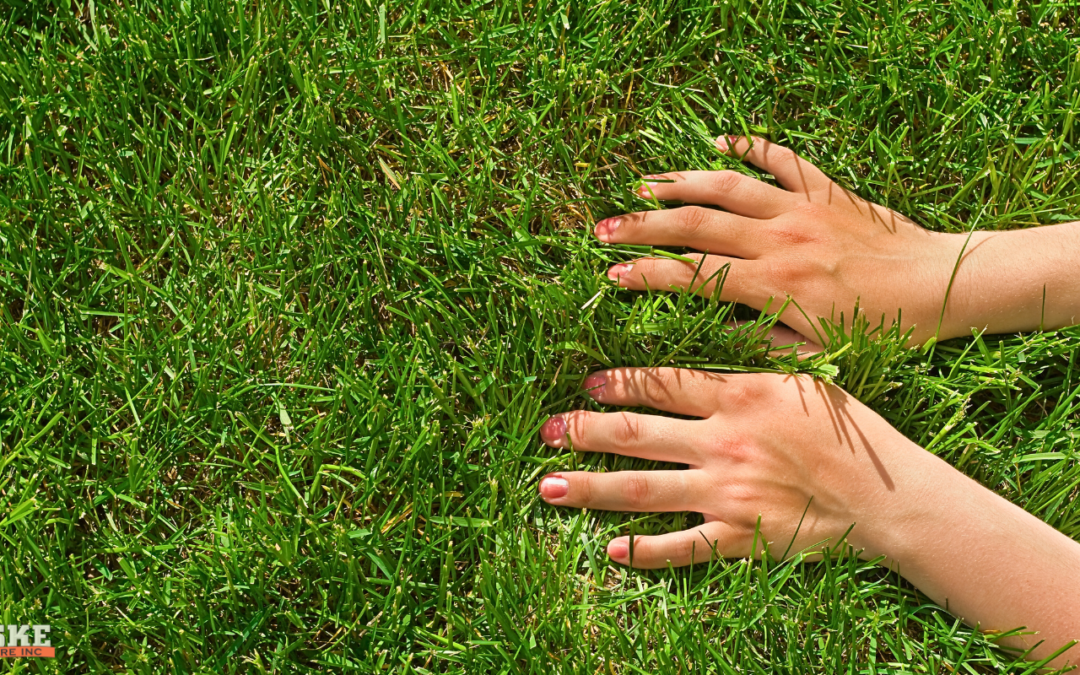
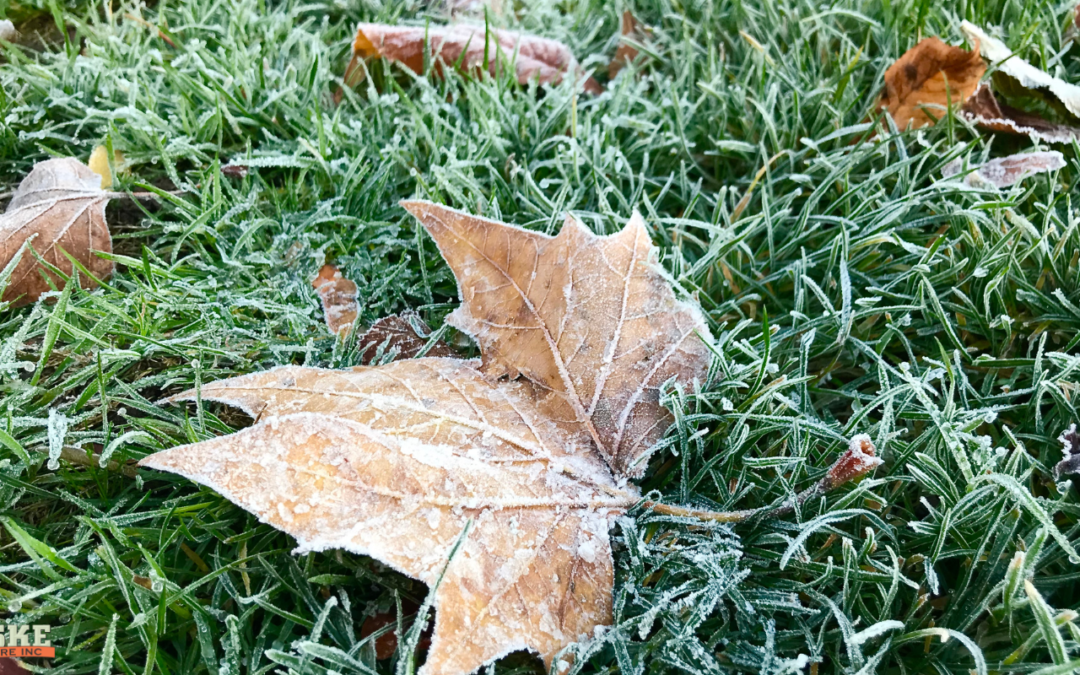
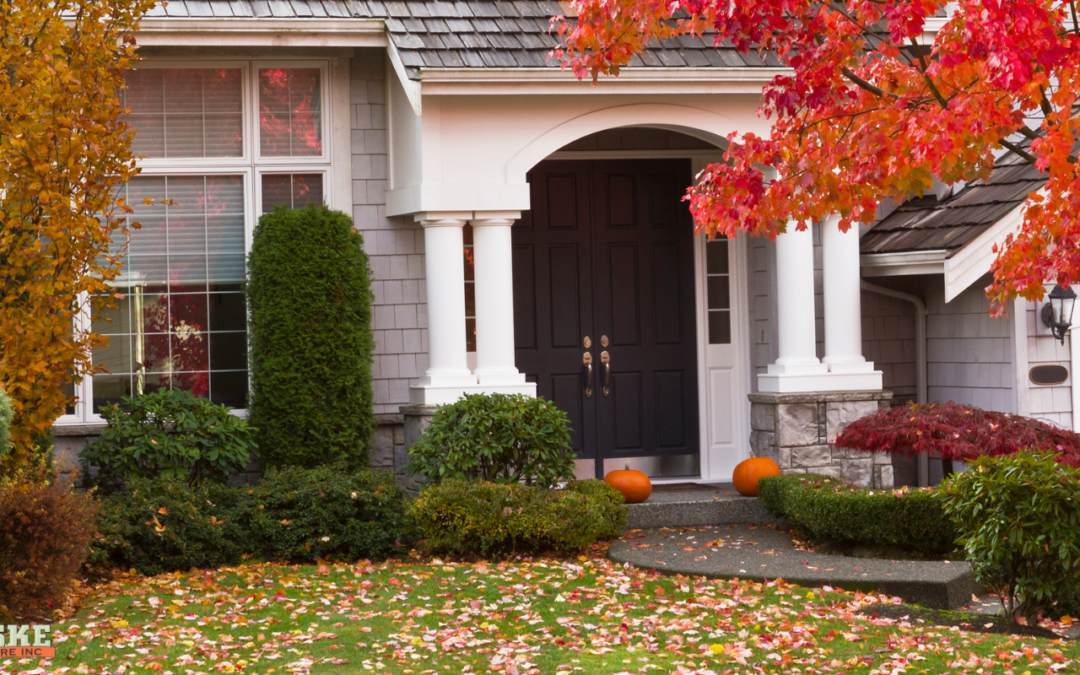
Recent Comments